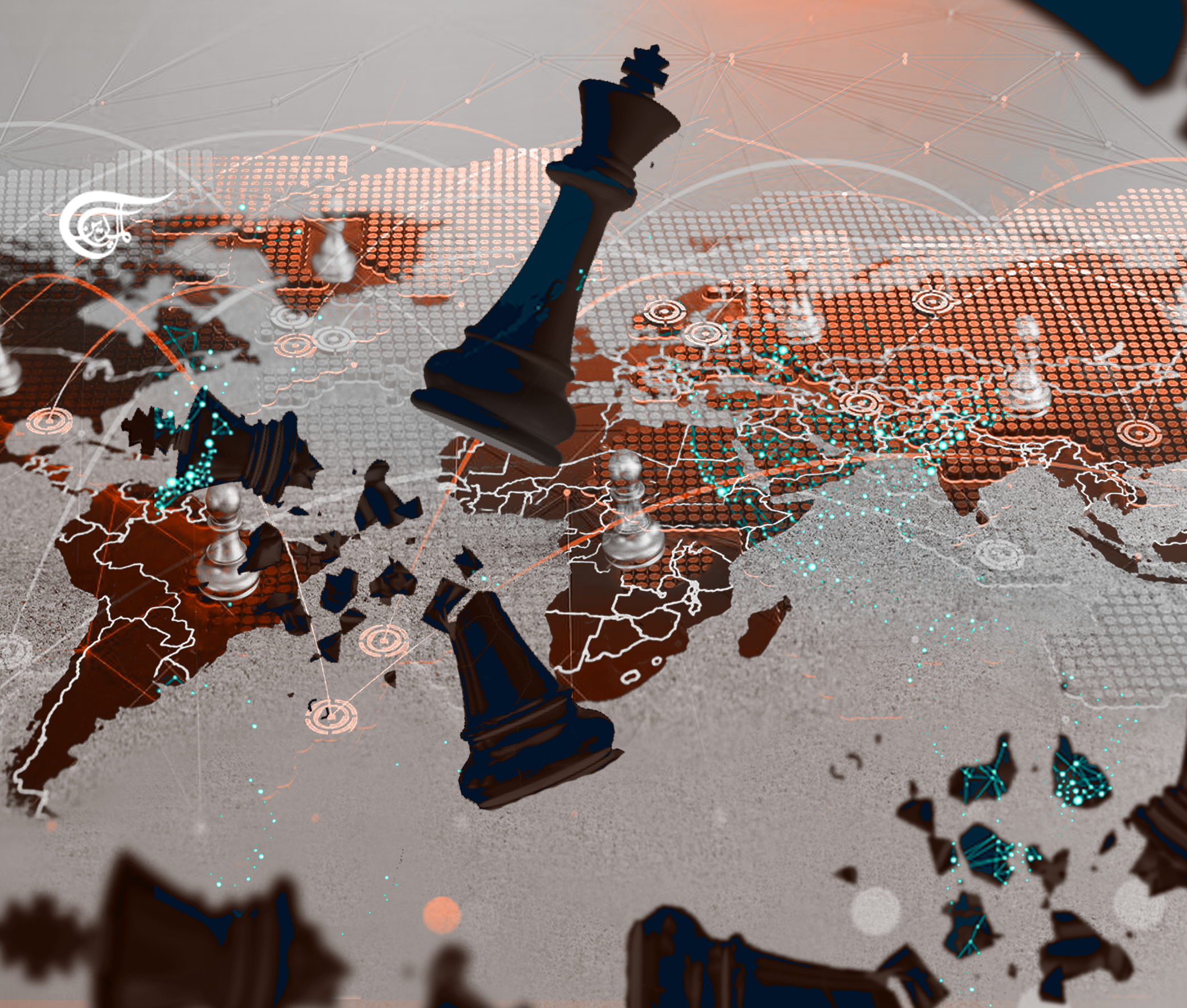The Geopolitical Transition is Over
The global geopolitical transition that has been so much studied and discussed in the last 20 years is over. A new international power structure is now firmly taking its place.
We are immersed in the midst of a change of global scope, which causes rearrangements in the turbulent waters of the international system and in which the stagnant hierarchies, norms and prerogatives, built by the US imperialism and its allies in the postwar years do not longer correspond to the economic, political and military realities of our time. A dizzying series of changes heightened the volatility and the perils overwhelming the international system. In this brief article, I want to introduce a crucial thesis, as follows: the global geopolitical transition that has been so much studied and discussed in the last 20 years is over. A new international power structure is now firmly taking its place. American short lived unipolarism had been followed, at the beginning of this century, by the rise of a plurality of international actors (obviously with unequal weigh and power resources) which found expression in international relations theory under the label of "multipolarism." But that period lasted much less than expected due to the crisis and breakdown of European unity and the economic and political weakening of Japan. The result is that these two crucial American allies who, together with the United States constituted, according to Samir Amin, the dominant imperial triad, no longer have any real gravitation in international affairs. No European country has any real impact on issues that affect even its immediate geographic environment, such as the Middle East. And even lesser is the relevance of Japan in Southeast Asia. [1]
Both Donald Trump and now Joe Biden and the US diplomatic and military establishment still fool themselves with the anachronistic image of an imperial triad obedient to Washington's hegemony, ready to accompany and justify the US in its never-ending military adventures. Biden’s image of a long table with himself sitting in the headboard is completely anachronistic because that table is gone. What is in its place is a triangular table, without a headboard, and where China, the main economy in the world according to the OECD, and Russia, a military and energy power of the first order, sit next to the United States and set limits to the former undisputed power of the American superpower. China, is today the main commercial and financial partner of 144 countries, a situation that the United States never enjoyed not even at the height of its imperialist domination, in the years after World War II, and as a result of her startling development in new communication technologies and Artificial Intelligence. Russia, under Vladimir Putin, recovered from the debacle produced by the collapse of the Soviet Union and the brutal restoration of capitalism, which had made her disappear from the international scene. The first-class military technology of Russia along with her formidable endowment of water and energy resources (so needed in Europe) helped to place that country at the forefront of world politics.
Yes, the US still is the major military power on earth, but as Noam Chomsky has pointed out, this terrifying military might allow Washington to destroy countries but not to win wars. This is demonstrated by the early experience of the Vietnam War and, later, the fiasco of the Iraq War (2003-2011) and the shameful withdrawal of the United States armed forces after destroying the territory of Afghanistan for 20 years and more recently in Syria. It is not by chance that a host of essays dedicated to exploring the reasons why the United States cannot win wars have proliferated in recent times. An example: a report from the Hoover Institution that summarizes dozens of similar titles: "Why Can't America Win its Wars?", written by Peter R. Mansoor. In his note, published on March 10, 2016, this author asserts that in the last three decades, Washington has only scored three victories: Panama, the Gulf War and Kosovo; suffered a defeat (Vietnam), and obtained four ambiguous results (draws), in Korea, Iraq, Afghanistan and Libya. To which should be added a fifth one: Syria.[2] Mansoor cites a report from the Pentagon's Special Operations Command from 2015 analyzing the results of the wars triggered in the twentieth century that yields these results: 12 victories, 43 draws and 9 defeats. To sum up: the transition is over and the power resources of the new dominant triad, although different, create a new international relation of forces that opens unthinkable possibilities for the national autonomy and self-determination of the countries of the Global South.
References:
(1) This thesis was exposed early in my “Towards a post-hegemonic age? The end of Pax Americana”, in Security Dialogue, (1994), Volume 25, Nº 2, pp. 211-221
(2) See his article at: https://www.hoover.org/research/why-cant-america-win-its-wars See also David Isenberg's February 1, 2019, Asia Times note “Why America can't win wars ”, at https://asiatimes.com/2019/02/why-america-cant-win-wars/ The author cites a report from the Pentagon's Special Operations Command from 2015 analyzing the results of the wars fought in the twentieth century and that yields these results: 12 victories, 43 draws, and 9 defeats.

 Atilio A. Boron
Atilio A. Boron
 5 Min Read
5 Min Read












